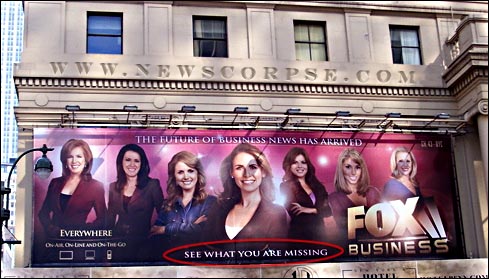There is a new Zogby poll on the nation’s attitudes toward Internet vs. traditional journalism. Some highlights:
- 67% believe traditional journalism is out of touch with what Americans want from their news.
- 32% said Internet sites are their most trusted source for news and information, followed by newspapers (22%), television (21%) and radio (15%).
- 75% believe the Internet has had a positive impact on the overall quality of journalism.
- 69% believe media companies are becoming too large and powerful to allow for competition.
- Republicans (79%) and political independents (75%) are most likely to feel disenchanted with conventional journalism, but the online survey found 50% of Democrats also expressed similar concerns.
I still don’t understand that last item. A Gallup poll last October found similarly that 66% Democrats trust the media. I wrote at the time that it made no sense to do so and itemized the reasons why. If Democrats were paying attention, they would be far more disenchanted with the media status quo than this survey suggests. However, it is heartening to see that 69% recognize the threat that Big Media represents. If there were a more concerted effort on the part of our elected officials to address the issue, they would find a grateful constituency.


